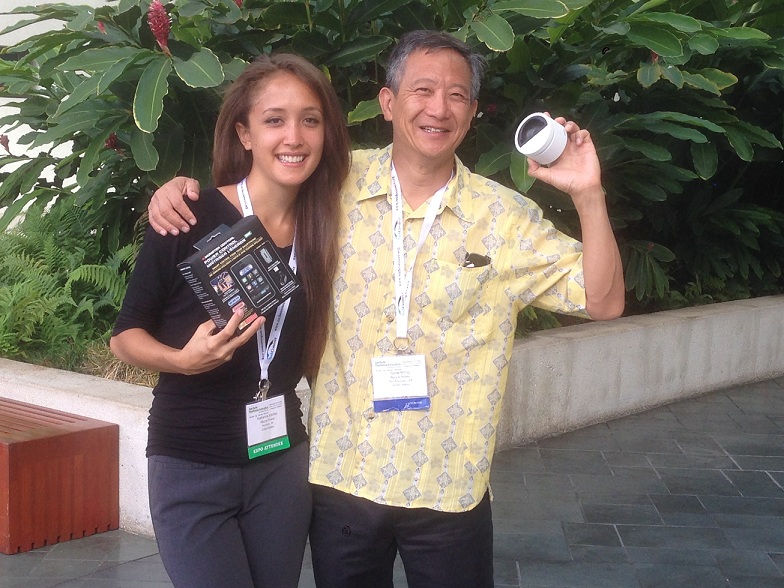Thursday, 05/03/2026 | 20:17 GMT+7
In a pilot program from People Power, a new mobile app, “Presence,” being tested in Hawaii, is yielding surprising energy savings–9 percent to 10 percent –by motivating people to change their energy use behavior.
That’s nearly three times higher than the energy savings reaped by Opower’s program, also designed to change consumers’ behavior, said Gene Wang, CEO and co-founder of People Power.
Before you get too excited, keep in mind that the People Power program is now a pilot. And so far, only 739 homeowners have participated in Oahu, where the 10 percent savings has been realized. Compare that to Opower’s statistics; the company has run its tests on thousands of customers, and uses third parties to verify the savings.

Nonetheless, People Power’s initial results are impressive and its program is unique. Its Presence app takes a round-about way of encouraging people to save energy. First, it attracts them with other features–features more appealing than saving energy. For example, consumers can pair their old smart phones with the app and use them as a security camera and motion detector. They can keep a close eye on pets and relatives this way, said Wang.
“We start out by engaging users with what matters most to them,” said Wang.
But also included in the app are energy-saving features. The program combines smart plugs with games and challenges. “For 12 weeks we challenge our users to count all the lights in their home, or find plugged-in appliances,” Wang explained. “They accumulate points and then earn rewards.”
The Presence app is free, and the utilities pay for the software, Presence Pro Energy. The savings is measured by comparing the utility bill from one month to the next.
People Power’s program participants use the Presence app in combination with Monster Plugs to reduce their overall energy consumption. “With the Presence app, in combination with Monster Wi-Fi-controllable smart plugs, users have the ability to design a home automation plan,” said Wang.
Users can control electric appliances remotely from their smartphone or tablet, and turn off unnecessary appliances to reduce “phantom loads” while they sleep or are at work.
Yen Pham







